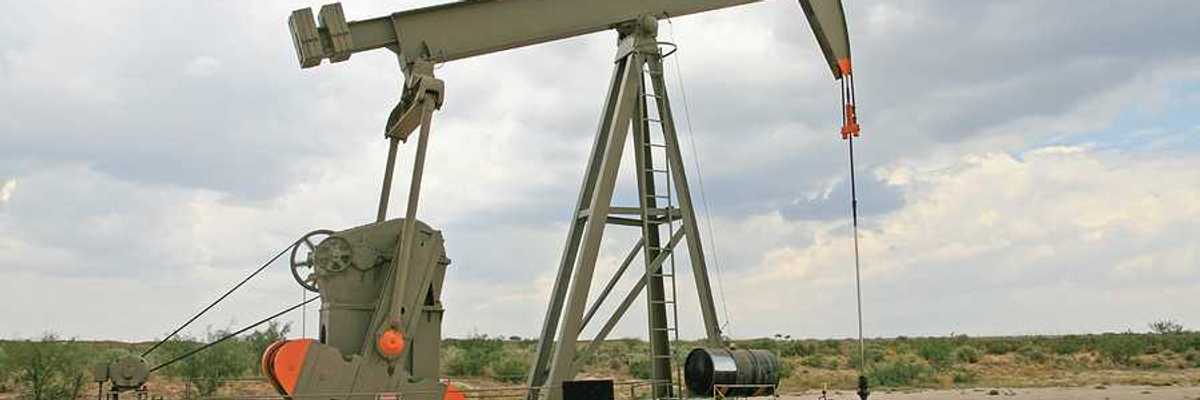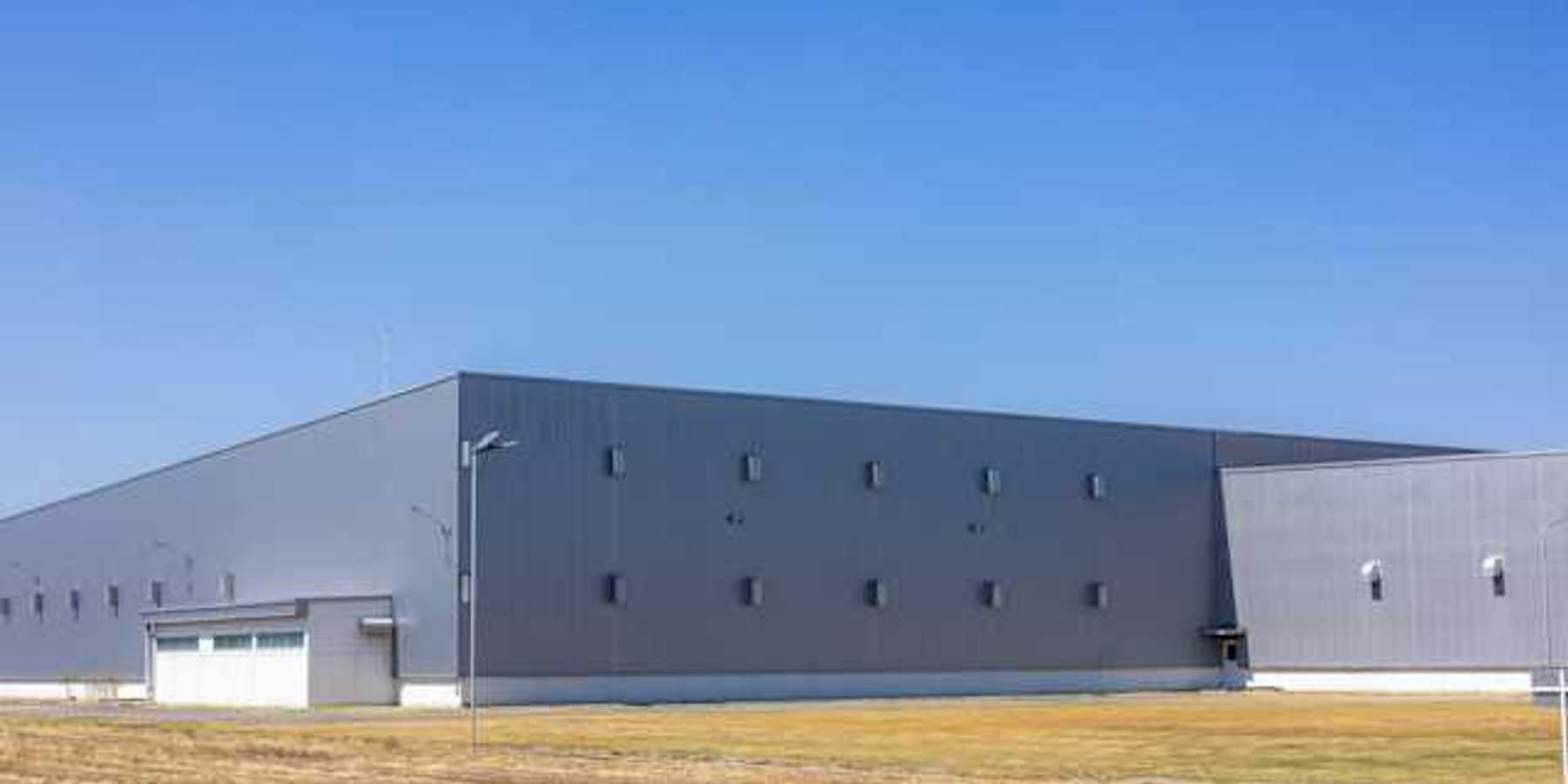research
Flawed economic models mean climate crisis could crash global economy, experts warn
States and financial bodies using modeling that ignores shocks from extreme weather and climate tipping points.
Universities' ties to fossil fuel firms may stall climate progress, study warns
Fossil fuel companies' funding of university research is delaying the transition to green energy, according to a new peer-reviewed study that identifies hundreds of cases where these firms influenced academic work.
In short:
- Researchers reviewed thousands of studies on industry-funded academic research, finding that few examined fossil fuel companies' influence.
- Oil and gas companies have poured money into climate research while maintaining roles on advisory boards, potentially skewing the focus toward preserving fossil fuel interests.
- The study urges universities to disclose fossil fuel donors and suggests increased public funding to reduce reliance on these companies.
Key quote:
"We want to warn scholars and university leaders that they can be pawns in a propaganda scheme."
— Geoffrey Supran, University of Miami associate professor.
Why this matters:
Fossil fuel firms' influence on research risks compromising the integrity of climate science. Transparency and public funding could mitigate conflicts of interest and protect academic independence.
Related EHN coverage:
Data gaps in US territories threaten climate resilience
Federal agencies often neglect to collect data in U.S. territories as comprehensively as they do for states, jeopardizing climate adaptation and mitigation efforts, a new GAO report reveals.
In short:
- The GAO report highlights significant data collection deficiencies in U.S. territories, including Puerto Rico, Guam, and American Samoa.
- Barriers include statutory exclusions, small sample sizes, high costs, and technical challenges like lack of postal services.
- The Biden administration is urged to address these data gaps, which are critical for assessing climate vulnerability and resource needs.
Key quote:
“If folks are serious about environmental justice, they need to be serious about addressing equity issues in U.S. territories.”
— Neil Weare, co-director of Right to Democracy
Why this matters:
Inadequate data collection hampers effective climate response and resource allocation in U.S. territories, which face severe climate impacts. Scientists and regulators find it challenging to make informed decisions without comprehensive data, while advocates struggle to raise awareness and push for changes that could mitigate the adverse effects of climate change. As a result, these territories remain caught in a cycle of vulnerability and inadequate preparedness, highlighting the urgent need for investment in advanced data collection and analysis systems.
See EHN’s related coverage:
Brazilian researchers announce promising new dengue vaccine amidst Latin American outbreak
A public research institute in Brazil has developed a promising single-dose vaccine offering strong protection against dengue, a timely discovery given the current severe outbreak across Latin America.
In short:
- The new vaccine effectively combats all four dengue virus strains, potentially improving future outbreak responses.
- Despite this breakthrough, production delays mean the vaccine won't be available in time to combat the current or possibly even the next outbreak cycle.
- Brazil faces specific challenges, as the new vaccine will initially only be available domestically, leaving other Latin American countries to wait for alternative solutions.
Why this matters:
A more effective vaccine could reduce the incidence and severity of the disease, easing the burden on healthcare systems and improving public health outcomes. This is particularly crucial as climate change could expand the habitats of dengue-carrying mosquitoes, potentially increasing the risk areas for the disease.
Russian collaboration freeze impacts permafrost research
The escalating thaw of Arctic permafrost, a critical factor in global climate change, faces research challenges due to a halt in scientific collaboration with Russia, hindering vital data collection and analysis.
In short:
- The Russian invasion of Ukraine led to a halt in international permafrost research collaborations.
- More than half of the Arctic's permafrost, a significant carbon store, lies under Russian territory.
- Scientists are seeking alternative methods like remote sensing and proxy sites, but the lack of direct Russian data is a significant setback.
Key quote:
"We need specific measurements, in real time, and it has to happen from people in the ecosystem."
— Ted Schuur, Northern Arizona University
Why this matters:
This disruption hampers the global understanding of permafrost's role in climate change. Accurate data on permafrost thaw and greenhouse gas release is crucial for predicting and mitigating climate impacts, emphasizing the need for international scientific collaboration.
Revolutionizing recycling with AI technology
Artificial intelligence is set to overhaul the recycling industry, promising more efficient sorting and reduced contamination.
In short:
- AI systems will be integrated into thousands of recycling facilities worldwide, enhancing the accuracy of sorting recyclables.
- This technology aims to significantly reduce the contamination in recycled materials, increasing their value and usability.
- The implementation of AI in recycling could have a substantial impact on reducing greenhouse gas emissions and environmental pollution.
Key quote:
“Today’s technology cannot really detect all the contamination that could be coming with those plastics. But if you know what contaminants are coming, there’s a better chance you will be able to process it and get a cleaner product.”
— Lokendra Pal, professor of sustainable materials engineering at North Carolina State University
Why this matters:
AI's role in improving recycling processes addresses a significant challenge in waste management, potentially leading to better health outcomes by reducing pollution and conserving resources.
The trees are telling us the West’s ‘megadrought’ is unprecedented, study says
The West’s two-decade drought is inextricably linked to climate change, adding to the evidence that human-caused emissions are reshaping the region in profound ways.










